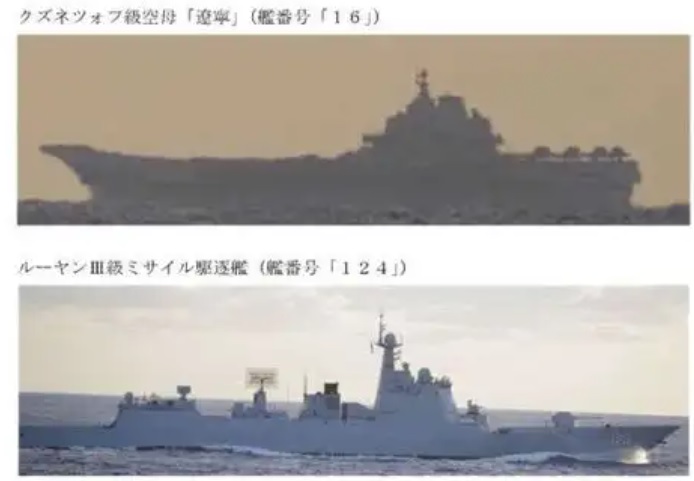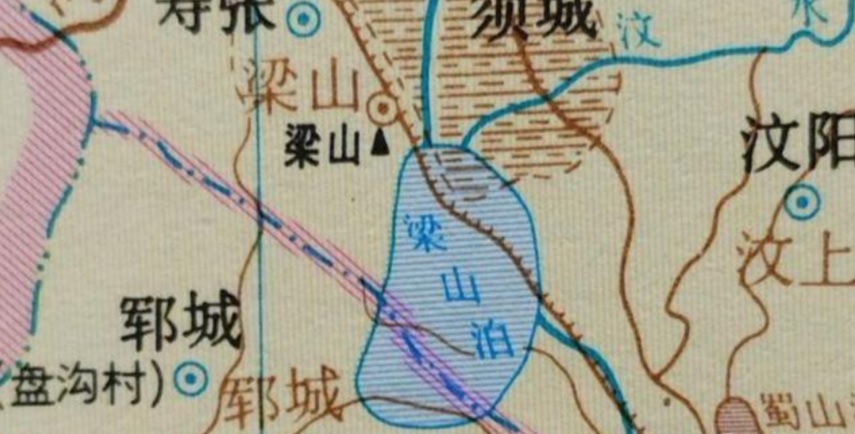Why Are We Called “Socialist Infants”?
Recent news has highlighted a noteworthy phenomenon worth discussing.
On this land of ours, ordinary people often hold a simple belief:
The actions of local governments reflect the will of the nation.
When local authorities build bridges, pave roads, or alleviate poverty, people sincerely praise “the state.” Yet when local scandals arise, public disappointment and anger frequently bypass specific local governments and target the central government directly—lumping all officials together as “bad.”
After reflection, I find this entirely normal. This seemingly “indiscriminate” attribution isn’t due to public ignorance but is deeply rooted in China’s “great unification” institutional framework. This reflects our people’s unique “holistic view of the nation.”
To understand this “local-as-national” perception, we must examine institutional logic. China is a typical unitary state where the central government holds supreme authority. Local power is delegated by the center; local officials are appointed by superiors; major policies require central approval. To the public, local governments aren’t independent entities but extensions of the state apparatus. When local officials err, people naturally ask: Why didn’t the center intervene? Where did oversight fail?
This questioning stems from trust in and expectations of central authority. With ultimate power comes ultimate responsibility—like a ship’s captain blamed for a crew member’s error.
Yet we, as citizens, must enhance our political discernment. This central-local binding is a double-edged sword:
- Positive: It strengthens national cohesion. Local successes are credited to central leadership.
- Negative: Any local governance failure, corruption, or policy mistake risks eroding trust in the entire system.
Rational public thought is exhausting. People lack energy to dissect complex power divisions. Blaming the highest authority is their most direct way to demand accountability—a uniquely Chinese phenomenon. Hence the term “socialist infants.”
How Should Citizens Respond Rationally?
- Understand but don’t obey blindly: Recognize the systemic roots of “local failures → central blame,” but never justify wrongdoing.
- Demand precise accountability: Target specific responsible parties and systemic flaws instead of blanket condemnation. Example: “Investigate Official X in Province Y” is more effective than vague complaints.
- Avoid black-and-white traps: Don’t negate nationwide achievements (e.g., poverty alleviation) due to local scandals.
A mature citizen critiques faults while acknowledging progress, demands accountability, and engages constructively. Criticism and affirmation can coexist.
For the Central Government: Bearing this “binding” pressure is the price of authority. Mitigating risk requires demonstrating systemic error-correction—not evading responsibility. State credibility lies not in perfection but in trusted capacity to rectify errors.
Only when people repeatedly witness:
- Local wrongdoers punished by the center
- Systemic flaws promptly fixed
…can this “local-as-national” perception transform from a risk into a unifying force.
This demands institutional refinement and a rational, action-driven consensus between officials and citizens: Seeking progress through criticism; building trust through supervision.
Comment 1:
The author overlooks information authenticity! In today’s internet era, unregulated自媒体 (self-media) spreads exaggerated/distorted news for clicks, distorting public perception. People then blame the most visible target: the government.
Comment 1.1:
State media’s biased, out-of-touch propaganda causes self-media’s sensationalism. Society needs diverse voices—not gagging citizens. Truth requires independent state media + balanced self-media regulation.
Comment 2:
I trust the Party and PLA collectively—but not individual members.
Comment 3:
Power answers to its source. Local power comes from the center; thus the center bears responsibility. (Unlike federal systems.)
Comment 4:
Nonsense! Accountability mirrors authority: The center controls local officials’ appointments/punishments. Blaming the center is institutional logic.
Comment 5:
Historically, Chinese protesters criticize local officials while upholding central authority—survival depends on it. But recent central actions deplete this authority.
Comment 6:
Like nerves relaying pain from finger to brain, centralization has trade-offs. You can’t demand benefits without costs.
Comment 7:
China’s tradition is unification + unlimited-responsibility government. “Socialist infants” are nurtured by this system—but it’s also our civilizational strength. Letting citizens vent is the government’s duty.





NN8888, alright, a veteran in the game. Been around for a while, that’s for sure. I have been using this before and it is pretty great. The variety and the odds are pretty good. I suggest you give it a try now: nn8888
88vinchat isn’t bad honestly. I’ve won more than I’ve lost, which is always a plus. Give vinchat a try and see what you think.